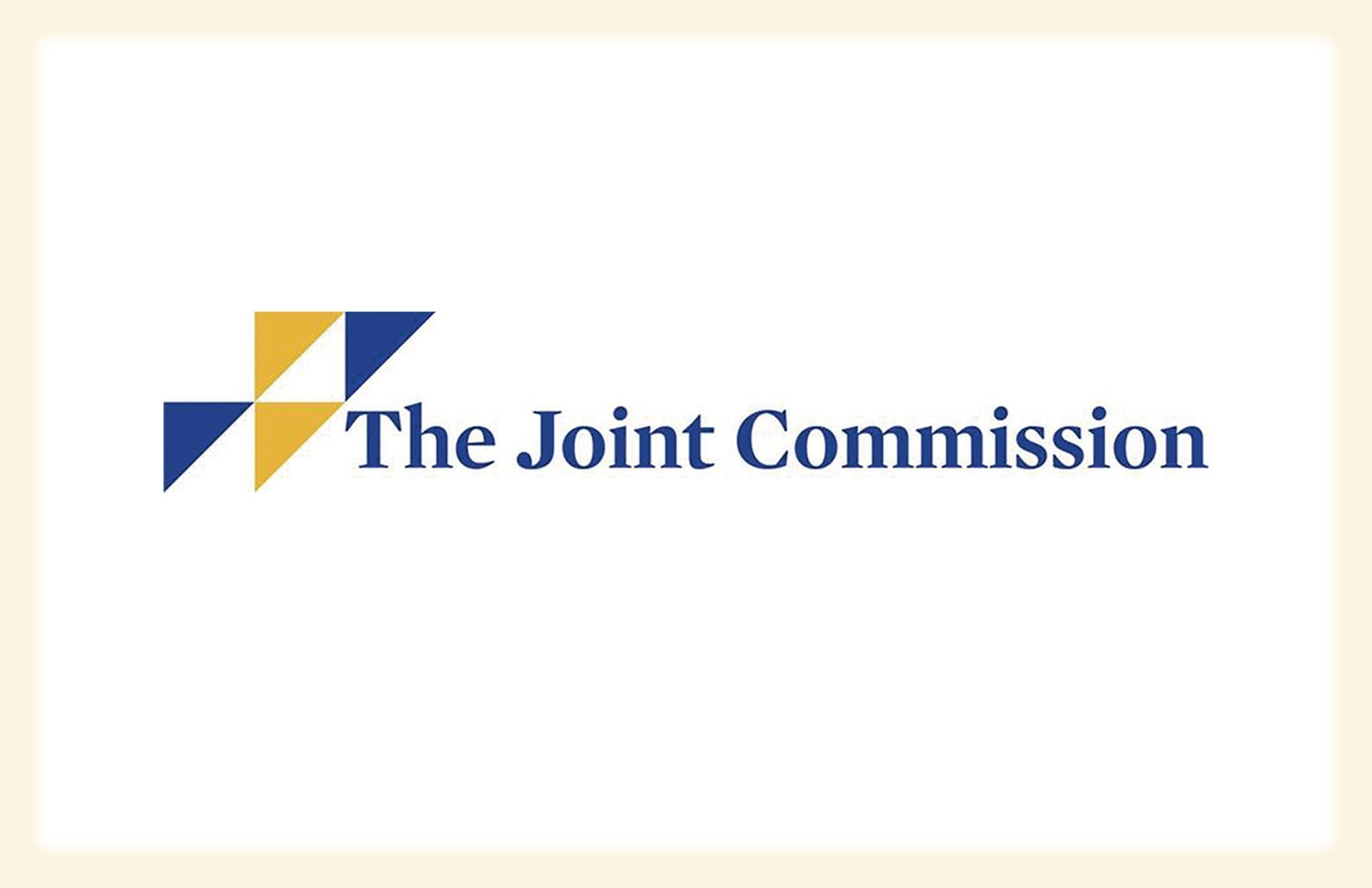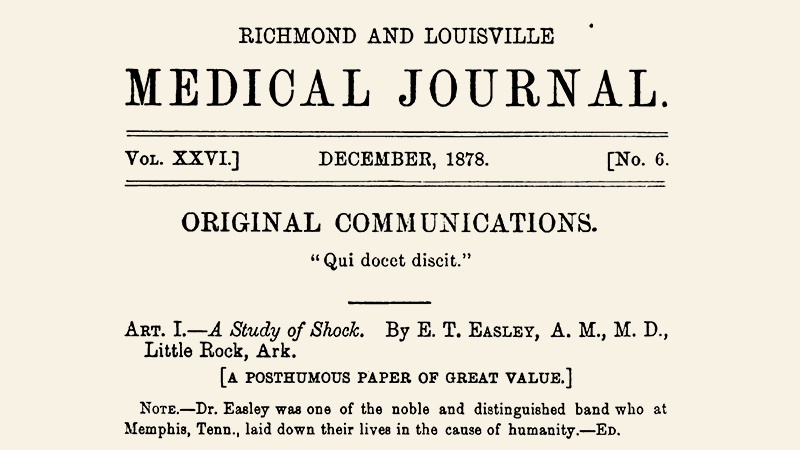Buffalo, NY. Uvalde, TX. Highland Park, IL.
Three cities in vastly different areas of the US now are part of the same club—places that have been affected by the crisis of gun violence in America.
The locations where these mass shooting and mass casualty events occurred: a supermarket, an elementary school, a Fourth of July parade.
Healthcare centers are not immune to the scourge of gun violence. In June, a shooter claimed the lives of four people at Saint Francis Hospital in Tulsa, OK. Media reports stated that one of the victims was the shooter’s surgeon, whom he blamed for his continuing pain after a recent operation.
The Time Is Ripe for Change
These mass casualty events are just a fraction of an issue that is as ubiquitous as the air we breathe. This year alone, as of late August, 448 mass shootings and 29, 391 deaths have occurred because of gun violence, according to statistics compiled by the Gun Violence Archive—an independent online repository of data collected from more than 7,500 law enforcement, government, commercial, and news organizations.*
The data show that the American public wants change. A Gallup poll taken in June found that:
- 92% favored background checks for all gun sales
- 86% favored stopping people determined to be a risk to themselves or others from being able to purchase a gun
- 77% favored enacting a 30-day wait period for all gun sales
- 76% favored raising the legal age to purchase a gun to 21 years old
- 66% were in favor of stricter gun laws
Healthcare systems also have taken up the cause.
After the 2012 mass shooting at Sandy Hook Elementary School in Newtown, CT, and the Boston Marathon bombing a few months later, a number of concerned surgeons, along with the American College of Surgeons Committee on Trauma (ACS COT), developed the STOP THE BLEED® initiative to train non-healthcare professionals to stop uncontrolled bleeding in emergency situations. A goal of the initiative was to find a way to improve survivability during mass casualty situations. To date, more than 2.1 million people around the world have learned this technique, which includes:
- Applying one’s hands to put pressure on a wound
- Packing a wound to control bleeding
- Correctly applying a tourniquet
In January 2013, the ACS also issued a statement on firearm injuries supporting legislation that would ban civilian access to assault weapons or large ammunition clips. It also advocated for:
- Enhancing mandatory background checks at gun shows and auctions
- Improving mental health screenings and patient counseling services
- Creating proactive, nonviolent conflict resolution education
- Conducting evidence-based research on firearm injuries
In addition, The Joint Commission has published resources on this critical issue, such as a Quick Safety advisory on preparing for active shooter situations.† Updated in June 2021, it provides safety actions to consider for healthcare personnel who respond to an active shooter situation and suggestions for preparing an organization for a threat, such as:
- Involving local law enforcement in emergency plans
- Developing a communication plan for these types of events
- Establishing processes and procedures to ensure patient and employee safety
- Training and drilling employees on these procedures and for these types of events
- Planning how to manage the event after it ends
Additional resources from The Joint Commission include:
- Sentinel Event Alert, Issue 45: Preventing violence in the healthcare setting
- A Workplace Violence Prevention web portal that includes an emergency management resources for security and active shooter situations
Hidden in the data and advocacy, however, is the toll these senseless and horrific events exact on the victims, their loved ones, and the healthcare personnel tasked with saving as many lives as possible when gun violence erupts.
These events have a profound effect on the caregivers—physicians, nurses, and cleaning staff at a hospital—and their well-being may be affected negatively. Workforce well-being is a critical concern in the healthcare community, with US Surgeon General Vivek Murthy, MD, MBA, stating, “The nation’s health depends on the well-being of our health workforce.”
In that regard, The Joint Commission launched the Healthcare Worker Safety and Well-Being Resources website, which provides links to materials developed not only by The Joint Commission, but also key healthcare-related organizations, such as the National Academy of Medicine, government agencies (including the Office of the Surgeon General and the Centers for Disease Control and Prevention National Institute for Occupational Safety and Health). The content focuses on hospital- and system-level resources.
Gun violence is one of the critical issues of our time, yet obstacles remain in making substantive change. The gun safety legislation that President Joseph R. Biden recently signed into law was a start, but more needs to be done so that we can prevent future mass shootings in this country.
People deserve to be safe at shopping centers, schools, movie theaters, bowling alleys, restaurants, concerts, parades, and healthcare facilities.
If not now, when?
Disclaimer
The thoughts and opinions expressed in this column are solely those of Dr. Jacobs and do not necessarily reflect those of The Joint Commission or the American College of Surgeons.










